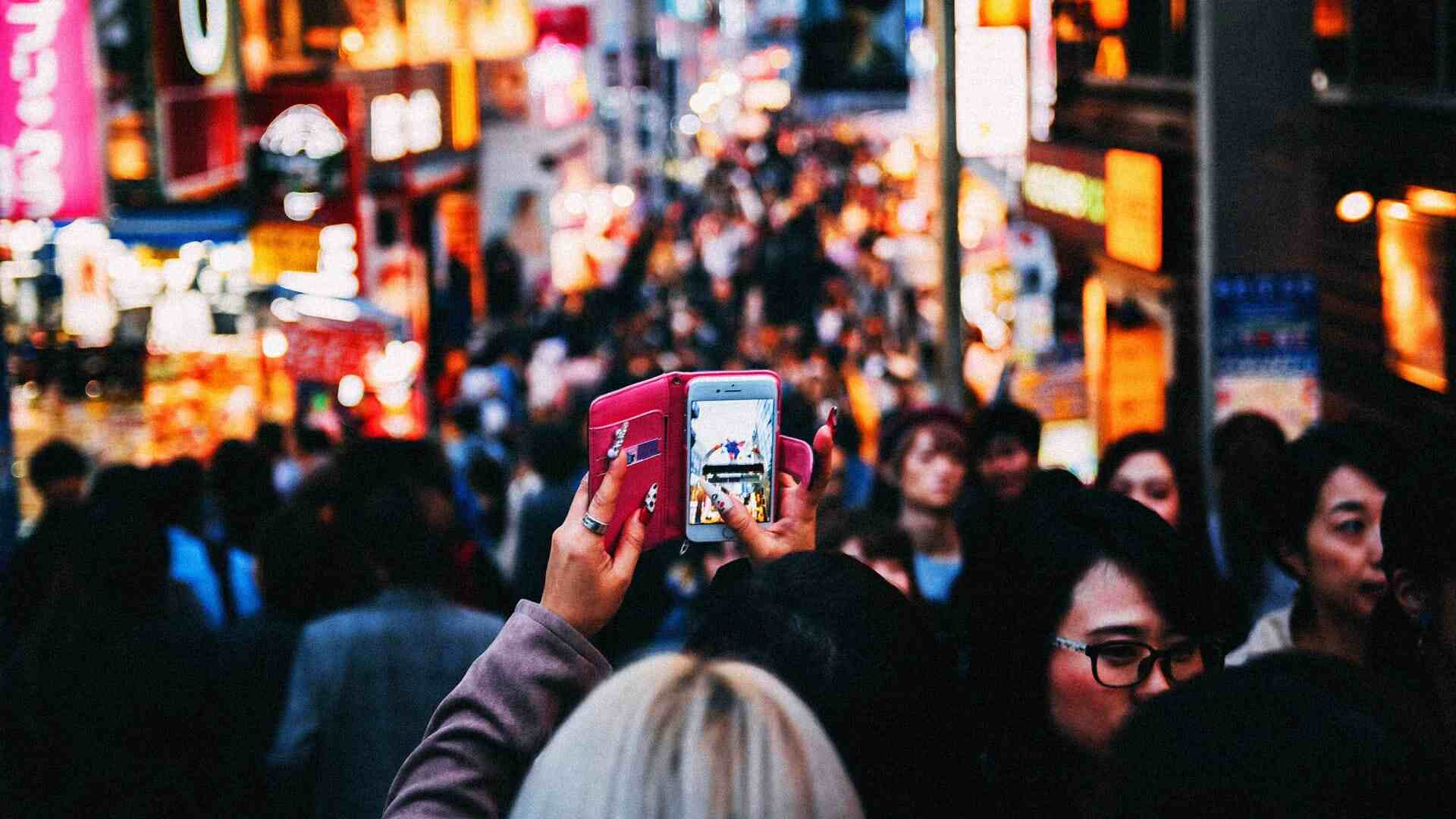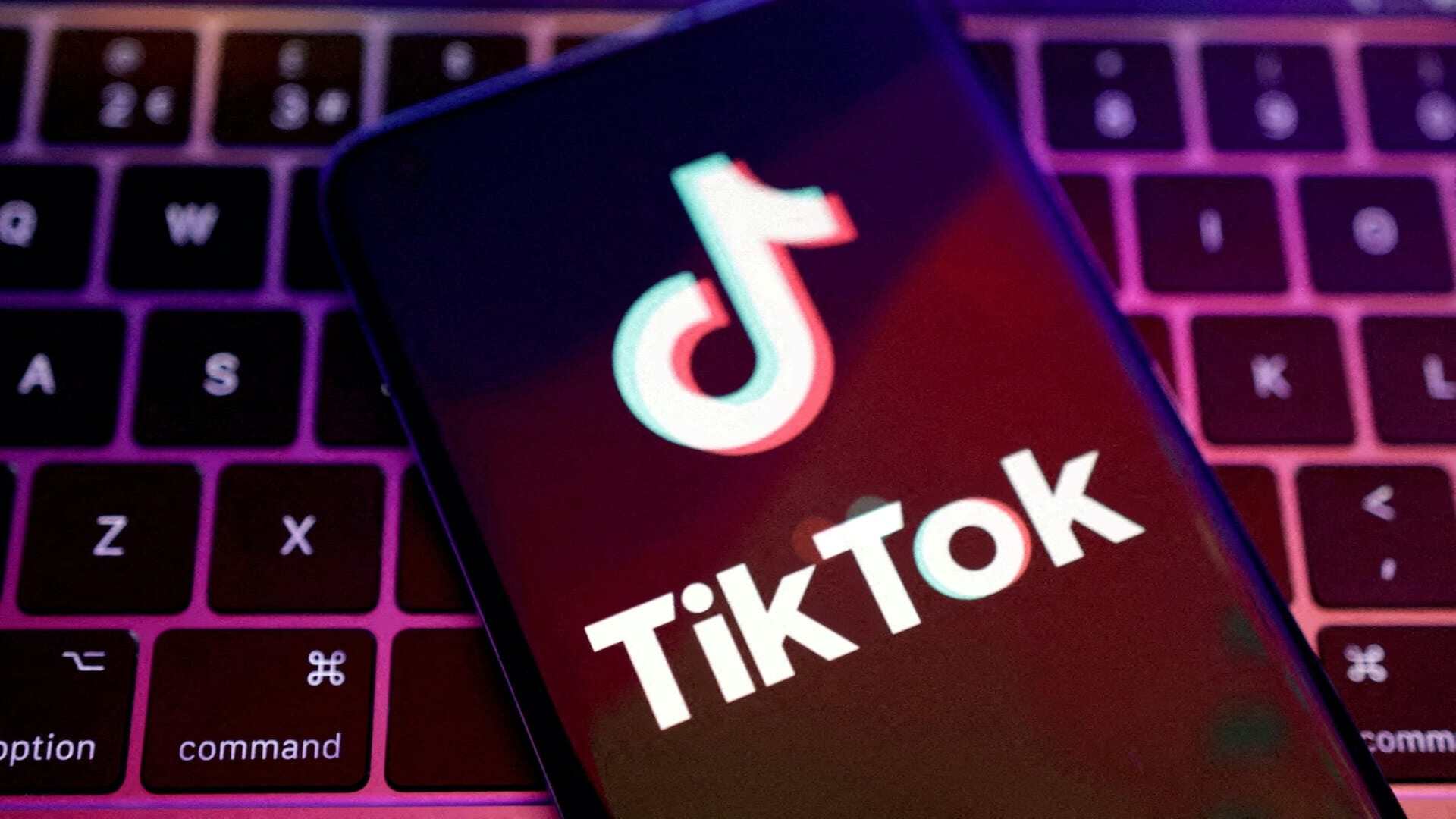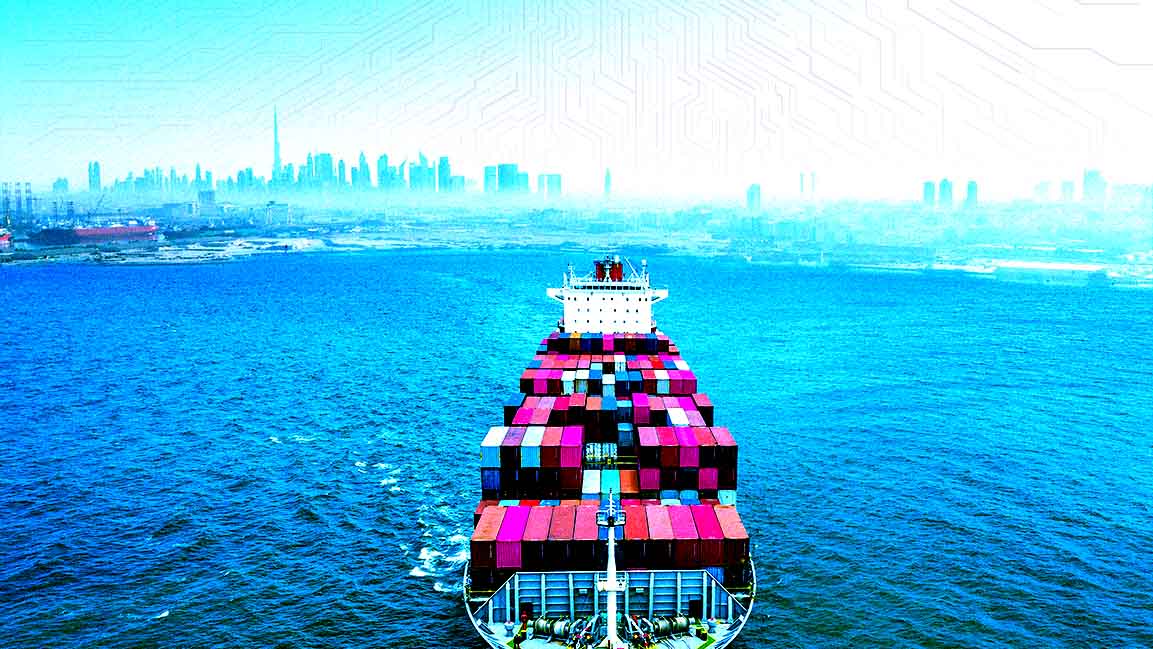- | 8:00 am
No need to worry that AI will ruin travel—social media already did that
The more platforms like Instagram prioritize aesthetically pleasing travel Reels, the more homogenized travel becomes. But some believe AI might prevent tourism from bottlenecking.

AI is quickly creeping into nearly every major U.S. industry, and travel seems to be embracing the tech with open arms.
Travel behemoths like Expedia and Kayak are implementing tools to specifically streamline bookings and recommendations. Last month, Google announced a new AI tool that allows users to create detailed itineraries via simple prompts.
While convenient for customers and cost-saving for companies, one might wonder how well a robot could plan a premium travel experience. Would AI begin to recommend to us all the same places, congesting local destinations, and giving us a cut-and-paste itinerary?
The travel industry, for one, does not yet seem worried about that prospect. Several AI and travel experts tell Fast Company that they are wholly optimistic about automation; the real threat to travel and overcrowding, some argue, is social media.
“Some travelers will base their whole itinerary off of a trip they saw an influencer do on TikTok or Instagram,” says Danielle Harvey, the global vice president and head of Travel and Hospitality at the software company Quantum Metric. “Social is really already fueling this notion of travelers flocking to the same destinations and tourist traps.”
The more platforms like Instagram prioritize aesthetically pleasing travel Reels, the more viral those posts go, creating wanderlust and flocks of new travelers to that destination. Influencers have thereby become the new travel agents in 2024, and according to Business Insider, some are even starting side businesses leading small travel groups with their followers. While it can be economically viable to the influencer and local businesses, it can also make traveling a more self-indulgent affair where everyone is served the same recommendation from someone who may not be informed about a locale’s most interesting historical and cultural touch points.
On that front, AI might prevent tourism from bottlenecking, some claim.
“Unlike human travel experts who may rely on a finite repertoire of destinations, generative AI systems have the capability to analyze an extensive range of options,” says Bernard Marr, a self-acclaimed futurist and the author of the book Generative AI In Practice. “They are designed to consider the entirety of available data, thereby providing personalized suggestions that reflect each traveler’s unique preferences. Optimally programmed, these AI systems can avoid the pitfall of funneling all tourists to the same locations.”
Shiyi Pickrell, the head of AI and Data for Expedia, tells Fast Company the company has built hundreds of AI models that custom-fit recommendations for individual user’s needs. “For one traveler, we’ll recommend family-friendly destinations with resorts by the water because we know that they like beach vacations with their family, but for another traveler, we might show luxury hotels in the center of the city based on their past trips,” she says.
But, of course, AI’s planning skills are only as good as the data travelers feed it.
“The value is in the data input—if travel brands aren’t providing the insight to Gen AI models, they are likely to have lackluster results,” Quantum Metric’s Harvey says. “If the prompt from the customer is not specific, it’s hard for the technology to provide a unique and clear recommendation.” In other words, if your only input is “plan me a weekend trip to Charleston, South Carolina,” the AI might spit back a cookie-cutter itinerary. But if you tell your robot that you want a trip to visit its historic landmarks, get to know the city’s checkered history, and eat its most authentic Southern fair, then it might make for a better travel agent than Instagram.
But in the end, whether the itinerary comes from an influencer or a machine, the onus is still on the traveler to approach a new place with curiosity and an open mind. “AI will never be able to replace live, on-the-ground human help, local insight and conversation, and cultural knowledge only gained from lived experiences,” says James Thornton, the CEO of Intrepid Travel, a company specializing in small-group tours.






































